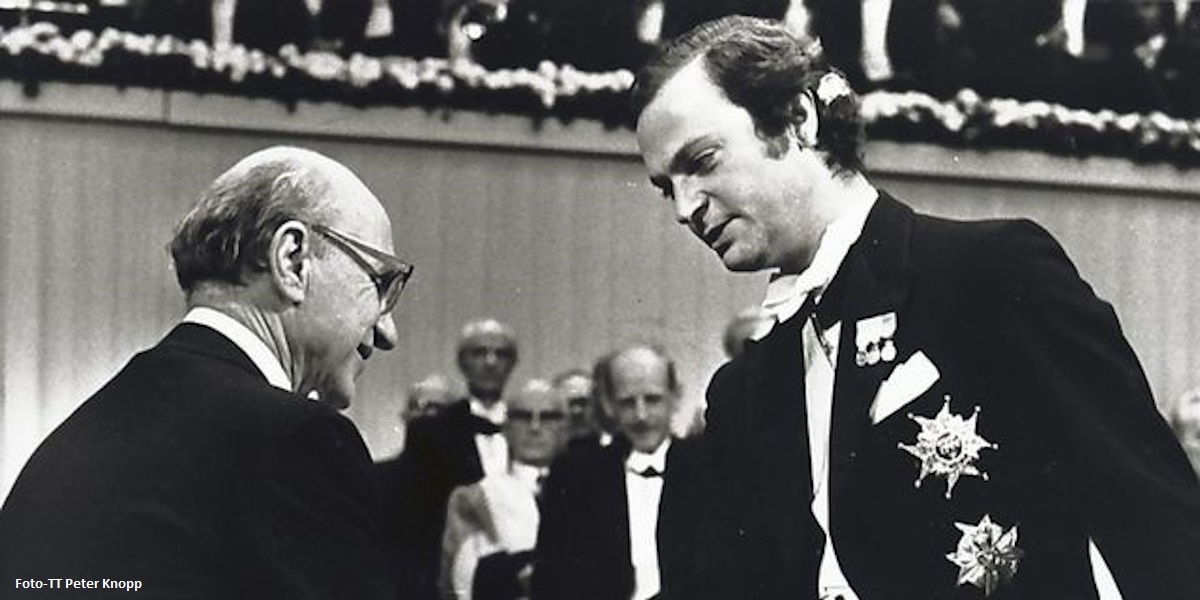Jenny Andersson, Jeppe Nevers, Nikolas Glover, Klaus Petersen, Cecilie Bjerre (postdoc), Julian Lamberty (postdoc) Maiju Wuokko (postdoc)
This theme deals with the relationship between new ideas and changing actor positions in Nordic welfare states from the 1970s. Neoliberalism brought new actors and network to the forefront, but also heavily influenced the traditional actors of Nordic welfare states. Social democrats and trade unions were as necessary elements in the process of transforming the so-called ‘historic compromises’ as business networks and financial capital. We study the interactions between new and old actors, the formation of new political networks, and the transformation of institutions, ideas, and policies.
The theme is divided in four interrelated parts.
1) Jeppe Nevers studies how globalization and the rise of the ‘competition state’ gave rise to new conceptions of competition and innovation requiring both strong states and organized market actors. Focusing on the Danish case, he investigates the transformation of Nordic organized capitalism in the age of neoliberalism: What was, and what is, neoliberalism from the perspective of business history and business networks?
2) Nikolas Glover studies how business actors and networks legitimized market solutions and new forms of market-based universalism as the logical evolution of ‘the Swedish Model’. In a first substudy he analyses how of economic “internationalisation” in the 1970s was framed by the Swedish labour market parties as a national challenge and opportunity.
3) Jenny Andersson studies the relationship between social democracy and ideas on profit and share-holder value in in the Swedish welfare state. She also examines the origins of large private actors and their links to transnational thinktanks and international business organisations. Using a variety of archival and printed sources, her key interest is to understand how and through what networks, including through new alliances with social democrat elites, such actors have renegotiated welfare as a market based good since the first wave of privatisation in the 1970s.
4) Klaus Petersen focus on the transformation of ‘the social democratic idea’ and the overlap between social democrat thinking, neoliberalism and neoconservatism in the Nordic model since the 1970s. This will include a closer examination on the field of family policy, as well as the ideological and political transformations of Social Democracy.
